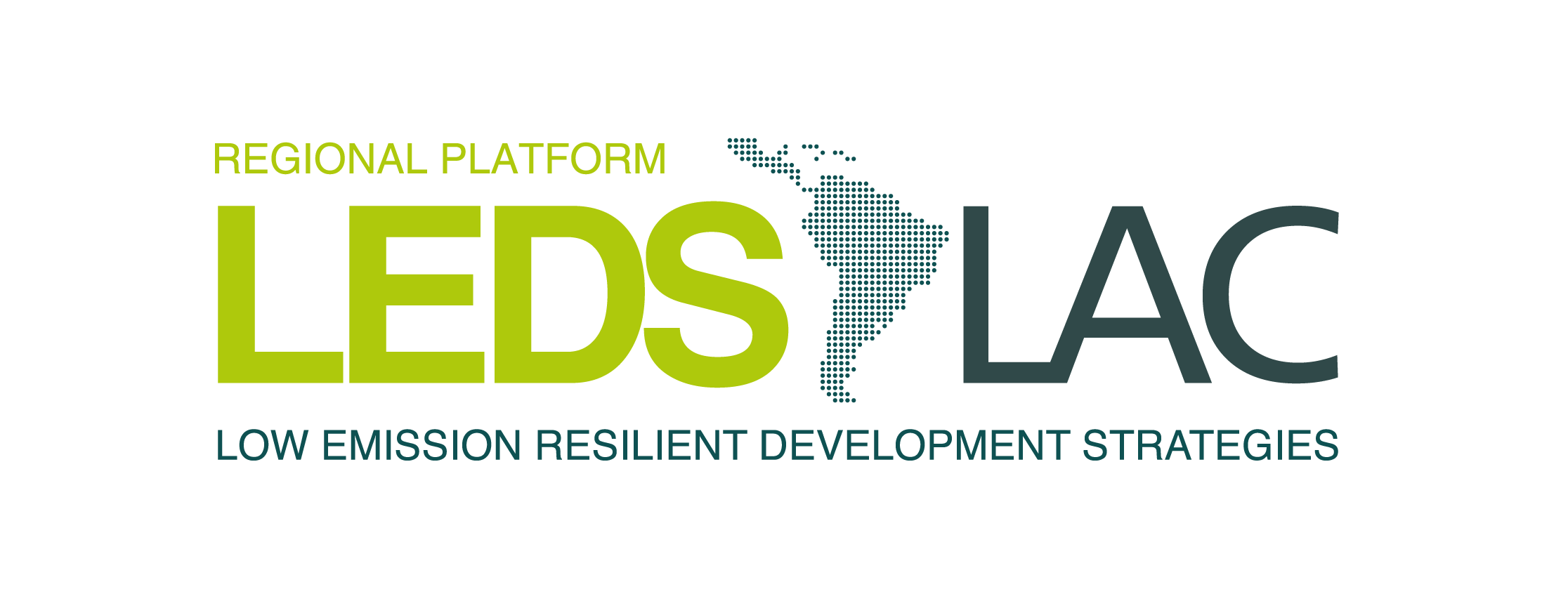[fusion_builder_container hundred_percent="yes" overflow="visible"][fusion_builder_row][fusion_builder_column type="1_1″ background_position="left top" background_color="" border_size="" border_color="" border_style="solid" spacing="yes" background_image="" background_repeat="no-repeat" padding="" margin_top="0px" margin_bottom="0px" class="" id="" animation_type="" animation_speed="0.3″ animation_direction="left" hide_on_mobile="no" center_content="no" min_height="none"][fusion_text]LOW EMISSION FREIGHT TRANSPORT II: DESIGNING BETTER LOGISTICS FOR CITIES AND BETTER CITIES FOR LOGISTICS: A GLOBAL PERSPECTIVE[/fusion_text][fusion_text][fusion_text].
VIDEO
[/fusion_text][/fusion_builder_column][fusion_builder_column type="1_1″ background_position="left top" background_color="" border_size="" border_color="" border_style="solid" spacing="yes" background_image="" background_repeat="no-repeat" padding="" margin_top="0px" margin_bottom="0px" class="" id="" animation_type="" animation_speed="0.3″ animation_direction="left" hide_on_mobile="no" center_content="no" min_height="none"][fusion_youtube id="https://youtu.be/ZVXu5I_Y3yw" width="600″ height="350″ autoplay="no" api_params="" class=""/][/fusion_builder_column][fusion_builder_column type="1_1″ background_position="left top" background_color="" border_size="" border_color="" border_style="solid" spacing="yes" background_image="" background_repeat="no-repeat" padding="" margin_top="0px" margin_bottom="0px" class="" id="" animation_type="" animation_speed="0.3″ animation_direction="left" hide_on_mobile="no" center_content="no" min_height="none"][fusion_checklist icon="fa-check" iconcolor="#97bc3a" circle="no" circlecolor="" size="13px" size="13px" class="" id=""][fusion_li_item icon="fa-calendar"]Date: Miércoles 11 de marzo[/fusion_li_item][fusion_li_item icon=»fa-clock-o»]Time: 9:00-11:00 (GMT-6)[/fusion_li_item][/fusion_checklist][fusion_text]
About the Webinar
Two determining factors continue to make urban logistics chains more complex, generating inefficiencies and higher greenhouse gas (GHG) emissions. The first is the accelerated process of urbanization at the global level, which is accentuated in Latin America. While in 1950 only 54.5% of the inhabitants of developed countries lived in urban areas, this number reached 77.7% in 2011 and is estimated to reach 85.9% by 2050. Moreover, 25% of the world's population and approximately 60% of the world's gross world product will be located in the world's top 600 cities by 2025. Second, the trend toward consumption in fragmented sales channels is accentuated. At one end of the spectrum are nano-stores, or neighborhood stores, which show strong long-term resilience. On the other, the growth of the Internet and e-commerce based on mobile applications, which triggers an enormous flow of direct dispatches from manufacturers or sellers to consumers.
The webinar reviewed the impact of these trends on the future of urban logistics, including examples of successful strategies and long-term solutions required in both the public and private sectors. The case of Madrid's urban logistics improvement was also presented.
Presentations
Introduction. Rodrigo Rodríguez Tornquist. Executive Director of Asociación SUSTENTAR and co-coordinator of the transport working group of the LEDS LAC Platform.
Designing better logistics for cities and better cities for logistics: a global perspective. Edgar E. Blanco. Executive Director of the MIT SCALE Latin America Program, Massachusetts Institute of Technology (MIT).
Download the presentation here
Case: Intersectoral collaboration to improve urban logistics in the city of Madrid. Eva Ponce, PhD. Visiting Professor, Massachusetts Institute of Technology.
Download the presentation here
About the Exhibitors
Edgar E. Blanco. Executive Director of the MIT SCALE Latin America Program, Massachusetts Institute of Technology (MIT).
Dr. Edgar Blanco is Research Director of the Center for Transportation and Logistics of the SCALE program for Latin America at the Massachusetts Institute of Technology (MIT). He has more than 16 years of experience in the design and improvement of supply chains and logistics.
Dr. Blanco is widely renowned as an expert in carbon footprint assessments and modeling of environmental impacts in transportation and logistics. His work on low carbon logistics chains has allowed him to establish a strong network with academia, industry, civil organizations and governments. Dr. Blanco co-directs the MIT Leaders in Environmental Assessment and Performance (LEAP) program.
He is also the founder and Director of the MIT Megacities Logistics Lab, a pioneering initiative in the field of urban logistics. He received his Ph.D. from the School of Industrial and Systems Engineering at the Georgia Institute of Technology. He holds an M.S. in Industrial Engineering from the Universidad de Los Andes (Bogotá, Colombia) and an M.S. in Operations Research from the Georgia Institute of Technology.
Eva Ponce, PhD. Visiting Professor, Massachusetts Institute of Technology.
Eva Ponce is a visiting professor at the MIT Center for Transportation and Logistics during the 2014/15 academic year. Her current research focuses on the design of distribution models for last mile deliveries (urban logistics). She also leads research initiatives in reverse logistics and Closed Loop Supply Chains.
Dr. Ponce is on sabbatical from her regular position as Associate Professor of Supply Chain Management and Logistics at the School of Industrial Engineering of the Polytechnic University of Madrid (UPM) in Spain. There, she leads the Industrial Engineering and Logistics Research Group.
Dr. Ponce received his Ph.D. degree in Industrial Engineering from Universidad Carlos III de Madrid in 2002. Her thesis has received two awards with special distinction in the Spanish context. She has an active publication record, including journal articles, conference proceedings and refereed abstracts.
Si tiene preguntas sobre este webinar, por favor contacte a la Plataforma LEDS LAC: [email protected].[/fusion_text][/fusion_builder_column][/fusion_builder_row][/fusion_builder_container]
